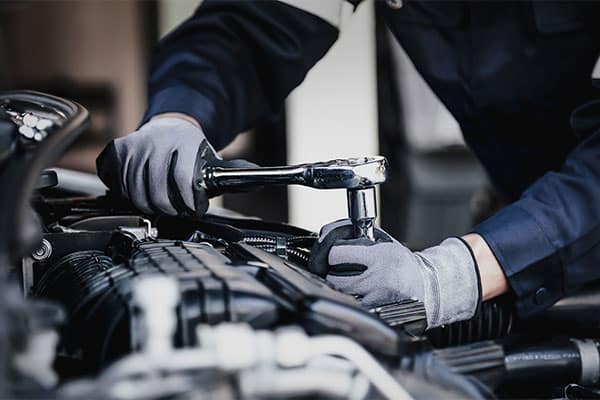All Categories
Featured

[/image]
Regular cars and truck servicing is essential to guaranteeing the security, performance, and durability of your automobile. In this guide, we'll break down the key considerations to aid you figure out the suitable maintenance schedule for your vehicle.
- Adhere to the Manufacturer's Suggestions. The starting point to try to find assistance is your auto's proprietor's guidebook. Manufacturers give a comprehensive maintenance timetable customized to your certain car version. This schedule normally details service intervals for oil modifications, filter substitutes, tire turnings, and assessments of critical components like brakes and suspension.
For most modern lorries, servicing periods are typically based on gas mileage or time, whichever comes initially. For example:
Oil adjustments: Every 5,000 to 10,000 miles or every 6-12 months, depending upon the kind of oil utilized. Significant solutions: Typically every 30,000, 60,000, or 90,000 miles. Sticking to the manufacturer's recommendations ensures your cars and truck continues to be in ideal condition.
- Consider Your Driving Behaviors. Your motoring design and behaviors play a significant duty in determining how frequently your cars and truck needs servicing. If you regularly drive under serious conditions, such as stop-and-go city web traffic, severe temperatures, or dirty settings, your automobile might need even more regular maintenance. Additionally, if you utilize your car for towing heavy loads or drive fars away consistently, elements like the engine and brakes may use out faster.
- Take Note Of Caution Indicators. In some instances, your cars and truck might require servicing earlier than the arranged period. Be on the search for caution indications such as:
Unusual noises from the engine or brakes. Decreased fuel performance. Control panel caution lights, such as the check engine light. Problem starting the car. Resolving these problems immediately can protect against minor issues from intensifying into expensive repair work. 4. Seasonal Maintenance Checks. Seasonal changes can affect your car's efficiency, particularly in extreme climate condition. :
Before wintertime, check your battery, tires, and heating system to ensure they're all set for winter. In summer season, ensure your air conditioning system is working properly to avoid overheating. Setting up seasonal examinations aids your vehicle remain reputable year-round.
- Benefits of Routine Servicing. Regular auto servicing provides many advantages, including enhanced safety, better fuel efficiency, and a much longer life expectancy for your car. It additionally helps keep your auto's resale value, as prospective buyers are much more most likely to rely on a car with a consistent upkeep history.

Verdict. The regularity of servicing your vehicle depends on a number of variables, including maker standards, your driving practices, and environmental problems. Regular maintenance is a financial investment that guarantees your automobile continues to be safe, reputable, and effective for years to come.
Latest Posts
Discover Exclusive Auto Repair Offers in Chicago at Montclare Auto Repair
Explore the Top Auto Repair Deals in Montclare, Chicago
Learn Why Chicago Drivers Trust Montclare Auto Repair for Reliable Service and Huge Savings
More
Latest Posts
Discover Exclusive Auto Repair Offers in Chicago at Montclare Auto Repair
Explore the Top Auto Repair Deals in Montclare, Chicago
Learn Why Chicago Drivers Trust Montclare Auto Repair for Reliable Service and Huge Savings